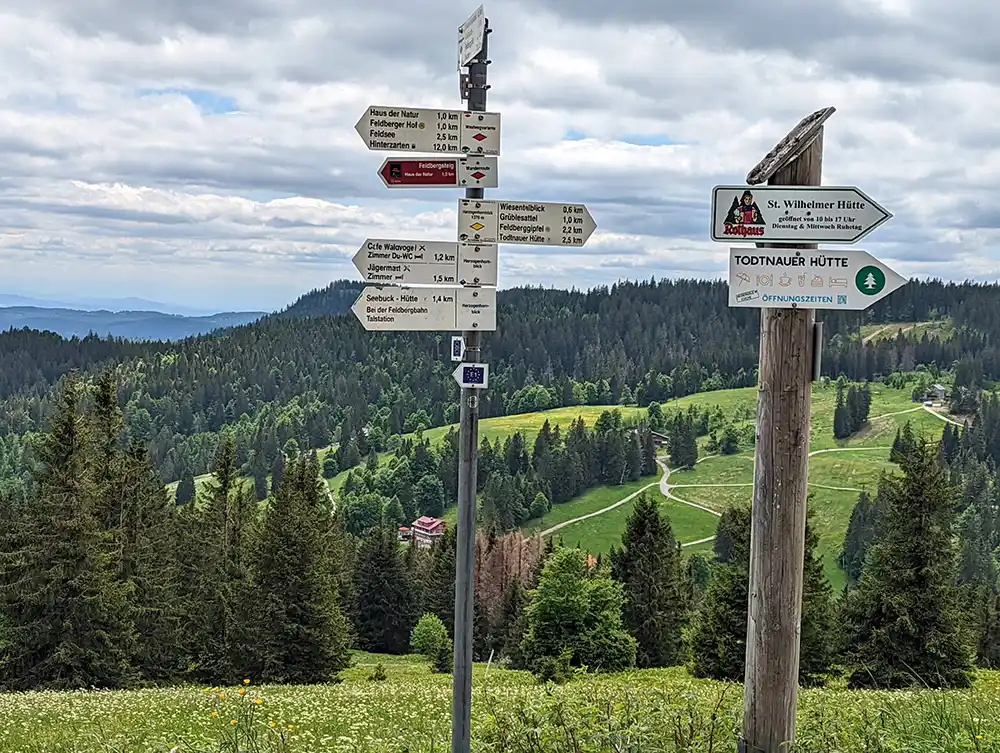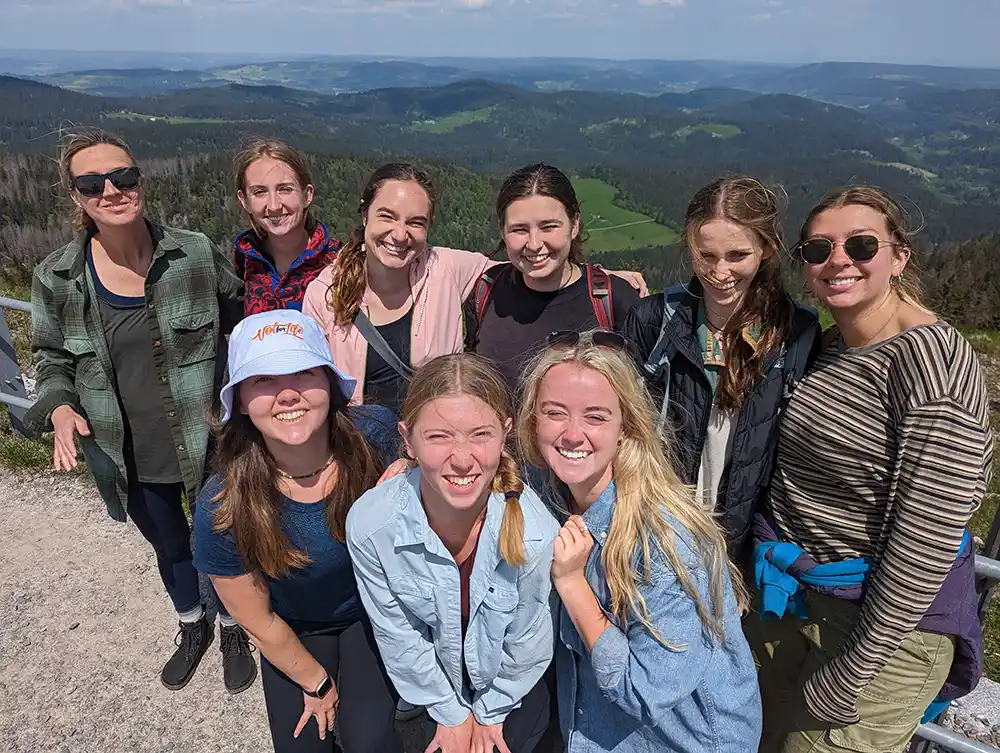Study Abroad


Freiburg, Germany
Students can engage in a sustainability abroad by taking GEOG 491 – Urban Sustainability. A May Mini-Term course offered in Freiburg, Germany.
Program Information
Description
Spend the May mini-term immersed in one of the world’s “green” cities to learn about urban sustainability. Two to three mornings per week will meet for formal classroom lectures, discussions and in-class activities with the remainder of course time spent exploring examples of urban sustainability in Freiburg and the surrounding communities. We will explore and learn about Freiburg greenways and green spaces, urban forests and waterways, farmers markets, green neighborhoods, and examples of renewable energy sources. We will explore urban sustainability using the city’s integrative transportation system of bike lanes, light rail, and pedestrian walkways. Within the surrounding communities, we will take a day trip to the Kaiserstuhl region and an overnight trip to Heidelberg, Germany.
Student Learning Outcomes
- Define and discuss the concepts and practices of urban sustainability
- Explore the skillsets and mindsets needed to promote urban sustainability
- Explain and evaluate current challenges to urban sustainability
- Apply skills of inquiry, research, and analysis of urban sustainability issues
Funding Considerations
Review the program’s budget to understand the breakdown of program expenses.
- Consider your Financial Aid options
- Search and apply for scholarships and grants on our Funding Opportunities page
- Review your UT financial aid package and speak with One Stop about applying it to your study abroad program costs.
If you wish to use your HOPE Lottery Scholarship for the summer term, you may be eligible to receive a prorated amount of $1,000 but you must be enrolled in a minimum of 6 credit hours.
Visit Programs Abroad
UT’s Programs Abroad Office is committed to fostering global awareness and academic, personal, and professional growth by offering a broad range of study, intern, research, and service-learning opportunities outside the United States.
Check out their site to learn about opportunities for international travel, advising, and financial aid.
